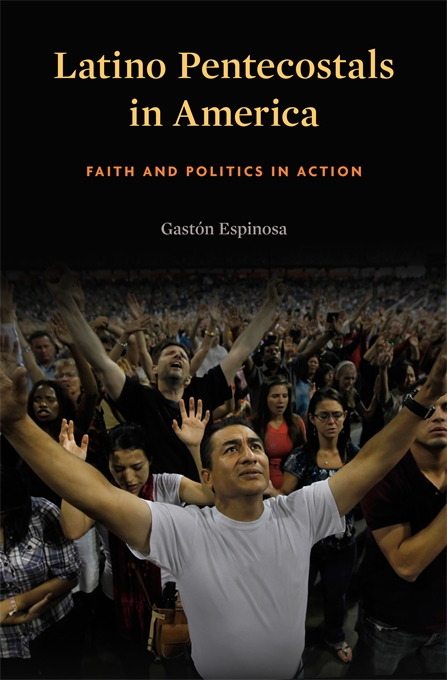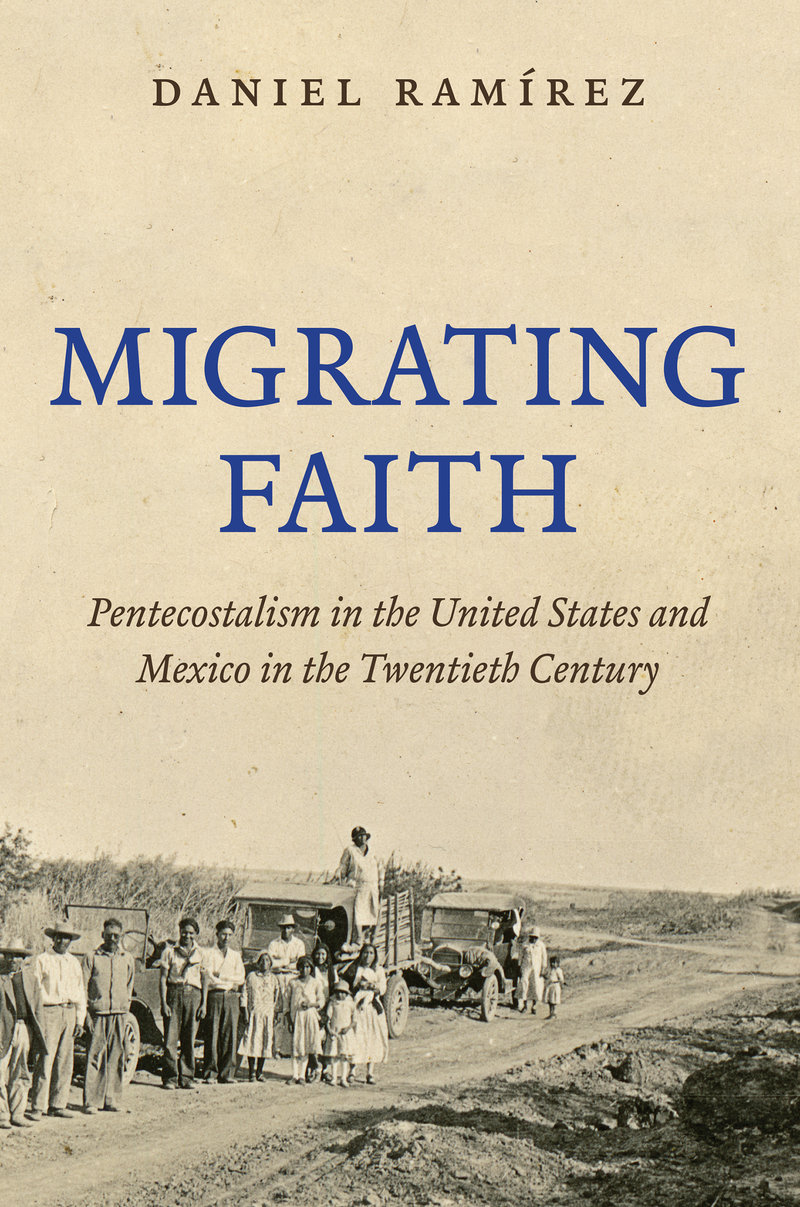Latino Pentecostalism, a review essay by Amos Yong

 Gastón Espinosa, Latino Pentecostals in America: Faith and Politics in Action (Cambridge, MA, and London: Harvard University Press, 2014), xi + 505 pages.
Gastón Espinosa, Latino Pentecostals in America: Faith and Politics in Action (Cambridge, MA, and London: Harvard University Press, 2014), xi + 505 pages.
Daniel Ramírez, Migrating Faith: Pentecostalism in the United States and Mexico in the Twentieth Century (Chapel Hill, NC: The University of North Carolina Press, 2015), xix + 283 pages.
Why should readers of The Pneuma Review look up these books under review? Although the answers to this question may seem obvious, they nevertheless need to be reiterated: because the center of Christianity has now shifted from the Euro-American West to the global South; consistent with the foregoing, because of the so-called “browning” of the North American church such that the its vitality is currently being sustained, and is projected to be increasingly carried over the next few decades, by migration from the rest of Latin America; and because, for the North American Pentecostal movement in general and the Assemblies of God denomination specifically, one third of all adherents are non-white and one-fourth – and growing percentage-wise as well as in aggregate – are Latino (see, e.g., Pew Research Center demographics from July 2015). Beyond other rationales that might motivate the present constituency, the above ought to prompt curiosity at least, if not a sense of urgency about becoming more acquainted with what Espinosa and Ramírez have to say. To be as pointed as possible: despite their “Decade of Harvest” initiative in the 1990s, the Assemblies of God would be in no less severe of a decline compared to mainline Protestant denominations if not for growth in Latinos within its ranks over the last two decades!

Gastón Espinosa is Arthur V. Stoughton Professor of Religious Studies at Claremont McKenna College.
The authors and their books covered in this review are quite distinct. Ramírez is a more recently established academic who is shifting, at the time of this writing, from the University of Michigan, Ann Arbor (their Department of American Culture and Latino/a Studies) to Claremont School of Theology (Claremont, California). This is his first book, his Duke University PhD thesis, which has been substantially revised and extended, appearing after almost a decade. Espinosa, meanwhile, began his scholarly work on the origins of Latino Pentecostalism in the first half of the twentieth century (completing his PhD on this topic in 1999 at the University of California, Santa Barbara) and has become renowned as one of the foremost specialists on Latino religions with more than a half dozen books from Oxford University Press, Harvard University Press, and other prestigious scholarly publishers. From his post at Claremont McKenna College, since 2009 as the Arthur V. Stoughton Professor of Religious Studies, Espinosa’s Latino Pentecostals in America builds on his research trajectory going back more than two decades, carrying forward to the present the more historically focused coverage of his preceding monograph, William J. Seymour and the Origins of Global Pentecostalism: A Biography and Documentary History (Duke University Press, 2014). Both have been participants at least in some respects of the histories they are narrating and thereby provide superb and complementary guidance to anyone interested in understanding further the Latino side of North American Pentecostal history.
Why read these books under review? The center of Christianity has shifted from the Euro-American West to the global South.
Category: In Depth, Summer 2016


